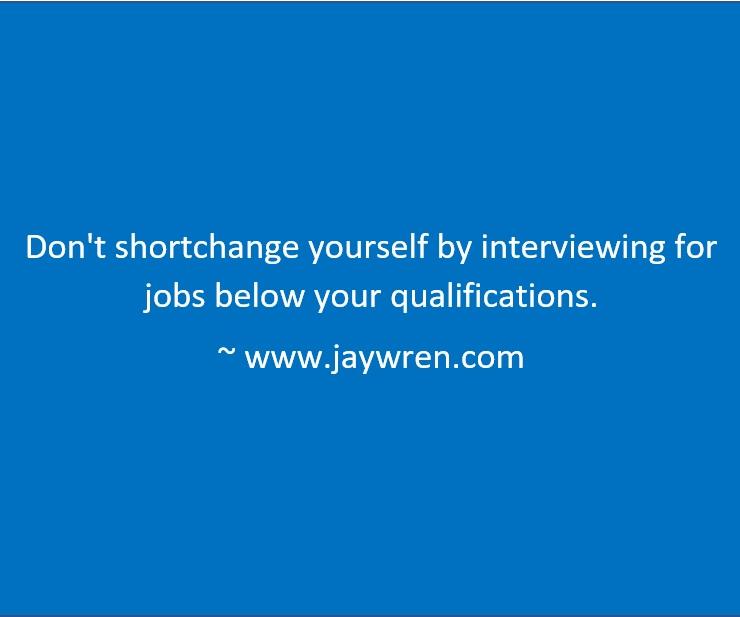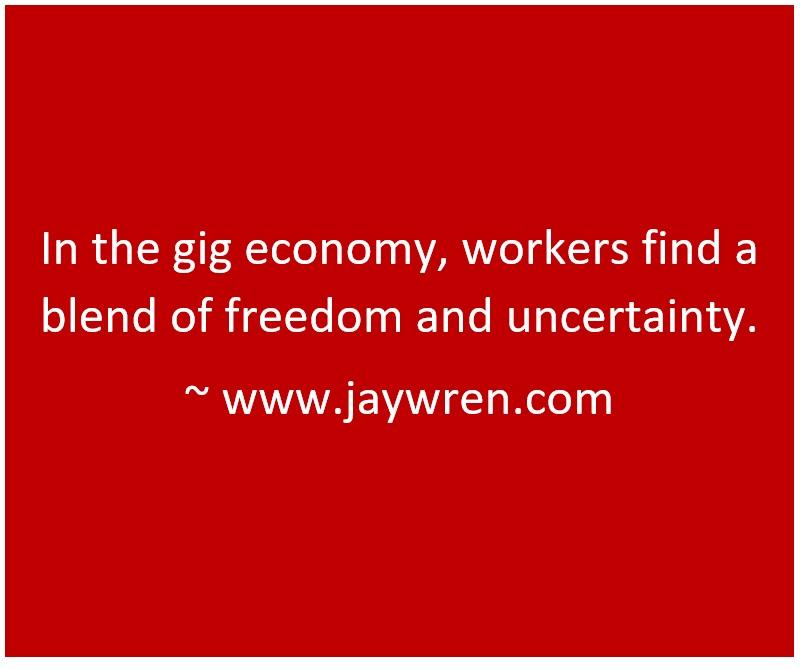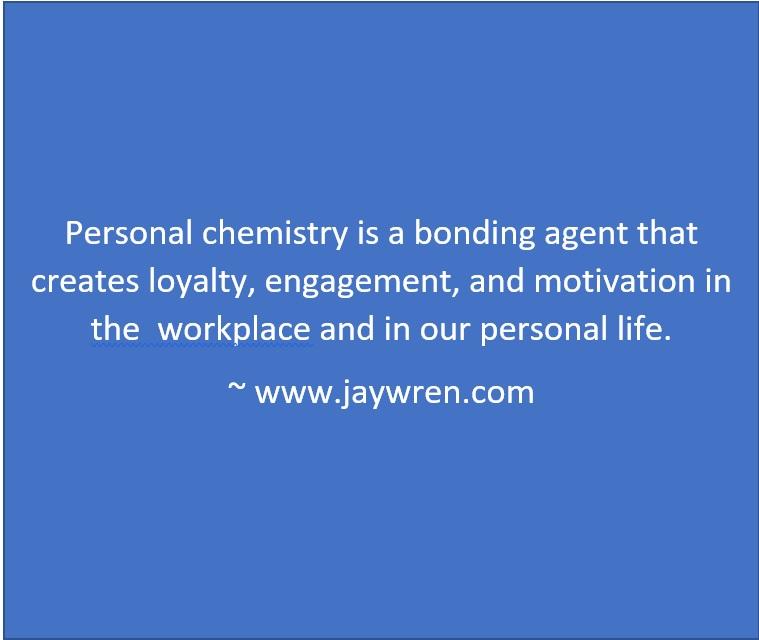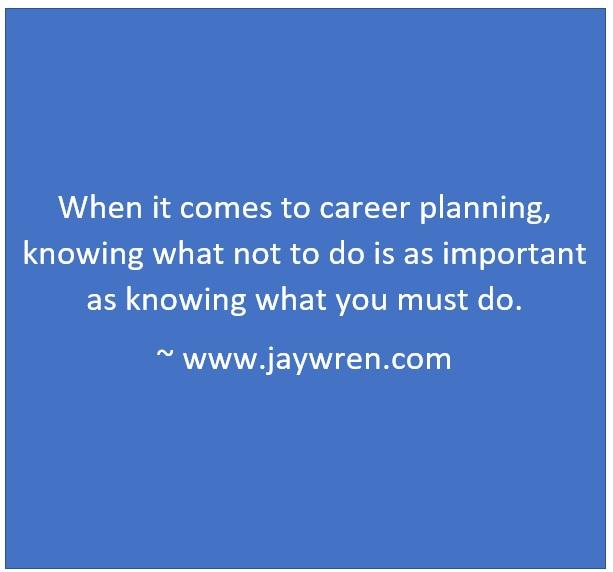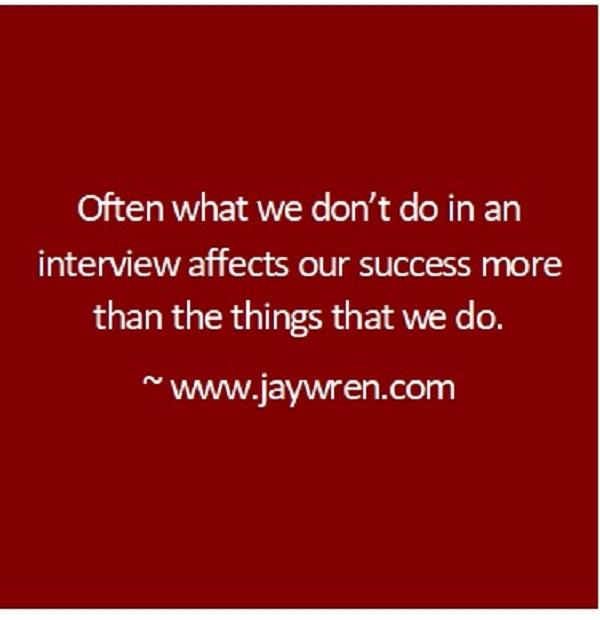Overqualified: Are you frustrated, because hiring companies will not see you for jobs you can do easily? You are not alone. Here are the reasons why you are not getting interviews and what you can do about it.
The Risks to Employers of Hiring Overqualified People
Speaking as a recruiter, I can tell you that my clients focus on specific skills. These clients want to hire qualified candidates. However, they avoid overqualified applicants.
Why? Overqualified people are a risk of leaving as soon as they find a job at their skill level. Vacancies are a burden. They damage morale and productivity. Filling vacancies takes time away from other company efforts. Furthermore, staffing fees are costly, especially when searching for highly qualified candidates.
The Risks to You for Interviewing Job Below You Qualifications
Taking a job below your qualifications damages your career. You risk creating a picture of yourself as backslider. You raise questions about your ability to continue to grow. Furthermore, you may raise questions about what happened to push you back in your career.
How to Get Great Interviews with Companies Who Need Your Experience
Case Study:
Bob (not the real name): “How I should format my resume for the greatest success?”
Me: “As a person with advanced degrees and advanced qualifications, you should consider two formats for you resume: A Curriculum Vitae (CV) format or a resume format. Here are two articles that may help.
Bob:” How should I list my skills in a resume?”
Me: “Be specific. List your qualifications listed in the job description. For example, I once had a search for a company that sold perishable products (products types are different from this example). I had a resume for a general manager who was perfect for the job. His resume showed that he had canned goods experience. However, his resume did not show is that he also had the required perishable foods experience at the same company.
After I filled the job, I learned that he was qualified for the job.
Bob: “How do I select companies?”
Me: “My recommendation is that you target specific jobs, not just every job opening. Identify roles that match your skills and get to know people who work at places that hire people for those roles.
Professional and Personal Network
Use your current close professional and personal network more frequently than you use a broad network of people on LinkedIn.
When introducing yourself via a referral, first ask for permission to use the person as a reference.
Where you have friends, who want to help you, ask them to forward your resume to a professional at a place where you want to work. Additionally, ask them to copy you on the resume. Then you follow up directly with the new contact.”
